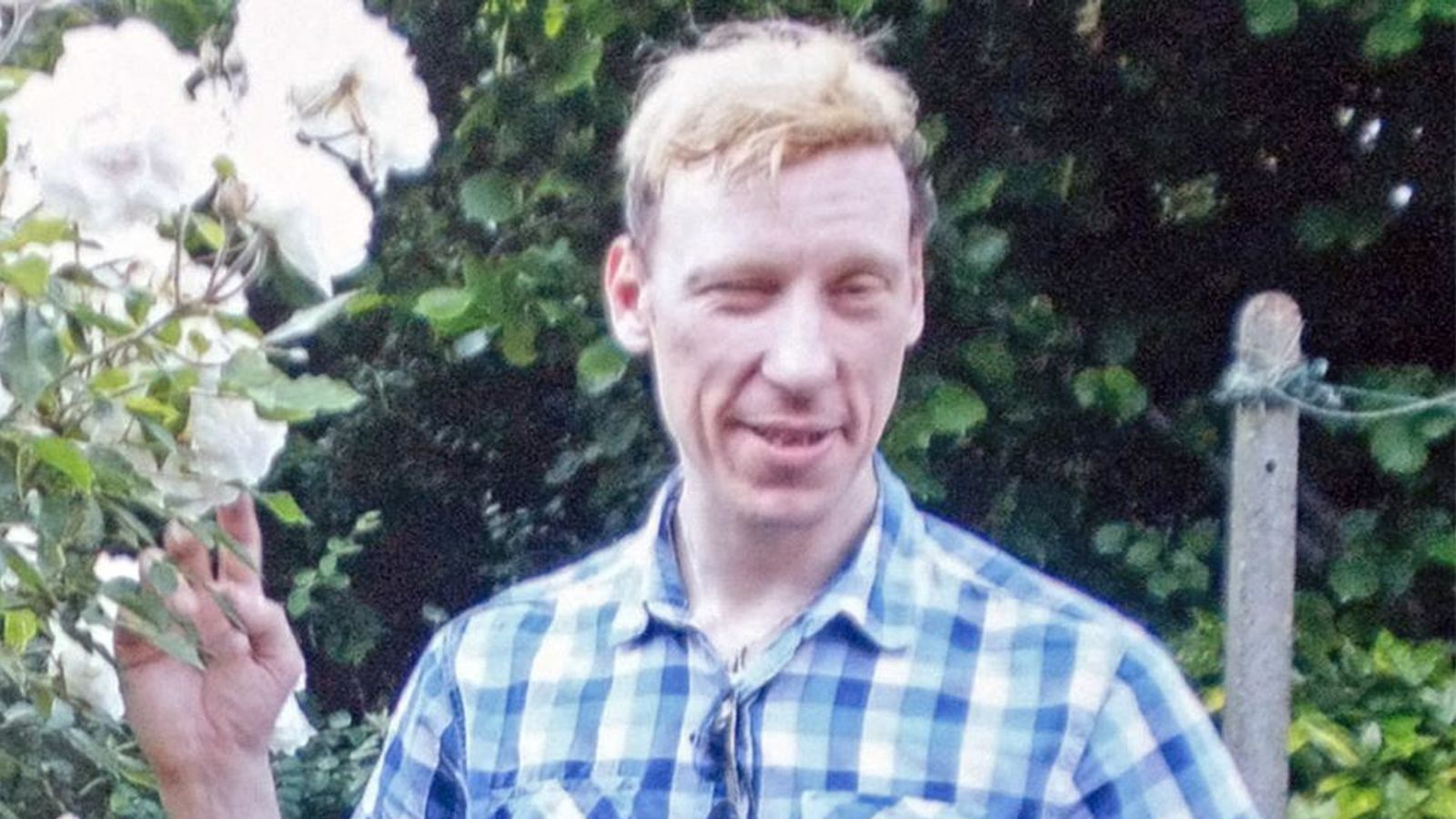MPs are calling for a public inquiry into claims of institutional homophobia in the Metropolitan Police after an inquest concluded that failures “probably” contributed to the deaths of victims of serial killer Stephen Port.
The families of the four young gay men killed by Port have renewed accusations that police prejudice played a part in officers’ failure to listen to their concerns and resulted in missed opportunities to catch the killer.
On Friday, an inquest jury found officers missed repeated opportunities to catch Port, who is serving a whole-life sentence for the murders of four young men between 2014 and 2015 in Barking, east London.
Anthony Walgate, 23, Gabriel Kovari, 22, Daniel Whitworth, 21, and Jack Taylor, 25, were all plied with fatal doses of the “date rape” drug GHB by Port, dubbed the “Grindr killer” for the way he scouted his victims on the gay dating app.
Accusations of homophobia
Dame Margaret Hodge said she and 17 other signatories had written to Met Commissioner Dame Cressida Dick “to demand a public inquiry considers whether the Met is institutionally homophobic”.
The letter says: “The police have admitted their mistakes, instituted new protocols, and emphasised that a lack of resources was to blame.
Stephen Port murders: Call for Cressida Dick to resign after inquest finds Met Police mistakes ‘probably’ contributed to victims’ deaths
Stephen Port: How the ‘Grindr killer’ murdered four men – and the missed chances to stop him
Stephen Port inquests: Senior police officer apologises to victims’ families over missed opportunities to arrest serial killer
“However, resourcing alone does not explain the sheer number of failures by the police in this matter.
Please use Chrome browser for a more accessible video player
“The key question everyone is asking is yet to be answered – whether institutional homophobia in the Met played a role in these investigations.”
The letter concludes that it is “imperative that a public inquiry takes place urgently to consider if institutional homophobia played a role in this case” and also notes that of the 17 officers investigated for misconduct, none were dismissed.
It is backed up by the victims’ families.
A statement released on their behalf said: “Had four, white, heterosexual girls been found dead in the same manner as Anthony, Gabriel, Daniel and Jack, then the police’s actions, and the likely outcomes, would have been different,” they said.
How the ‘Grindr killer’ murdered four men – and the missed chances to stop him
‘A litany of failures’
Officers denied accusations of prejudice and homophobia, instead blaming mistakes on being understaffed and lacking resources.
On Friday, the inquest jury found officers missed repeated opportunities to catch Port, 46, after he plied first his victim, Mr Walgate, with a fatal dose of date-rape drug GHB and dumped his body.
The MPs’ letter lists a “litany of failures” by police, including that the individual deaths were not properly investigated because “a presumption was made that these were young gay men, some of them ‘rent boys’, who were habitual GHB users and accidentally overdosed”.
The inquests heard that officers failed to follow leads, murder detectives turned down requests from borough officers to take over the investigations, and concerns from the victims’ families were ignored.
Police had seized Port’s laptop after the death of the first victim but failed to submit it for forensic analysis for 10 months, and then missed repeated searches for drug rape videos contained on the device.
However, coroner Sarah Munro QC told jurors on Friday that they could not find that “prejudice or homophobia or discrimination on the part of the police made any contribution to the deaths”.
Please use Chrome browser for a more accessible video player
Family outrage over ‘abominable’ investigation
Mr Whitworth’s partner, Ricky Waumsley, called for Ms Dick to resign “with immediate effect” following the jury’s findings.
Daniel Whitworth’s stepmother Mandy told Sky News she believed institutional homophobia in the Met Police was “part of the recipe of disaster”.
“I think there’s an element of homophobia, but I also believe it was habitual,” she said.
“I think they got into a habit of working that didn’t involve any kind of curiosity or looking deeper than they needed to.”
Daniel’s father Adam Whitworth branded the standard of the police investigation “abominable”, and the couple believe his death could have been avoided.
“Time after time after time, from top to bottom in the Barking borough, the performance of the police has been inexplicable,” Mr Whitworth said.
Police ‘deeply sorry’ for missed opportunities
A Met Police chief apologised to the victims’ families during the inquest, saying he was “deeply sorry” there were a number of opportunities missed to arrest Port.
Deputy assistant commissioner Stuart Cundy, who led a review of the investigations into the deaths of Port’s murder victims, said it was “quite astonishing” that some officers did not follow instructions to get evidence in the case.
Mr Cundy said the victims’ family members “should not have been ignored” and there was a “clear possibility that Stephen Port could have been identified and arrested sooner than he was”.
Port, a a bus depot chef, will die in prison after being handed a whole life sentence at the Old Bailey for the murders and a string of sex assaults.






















